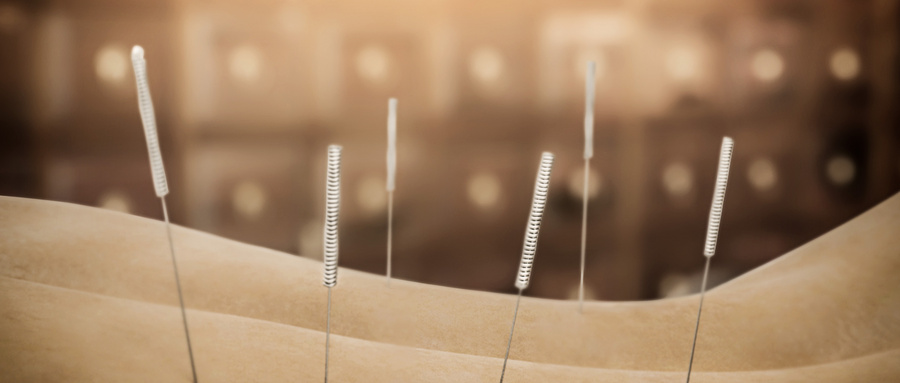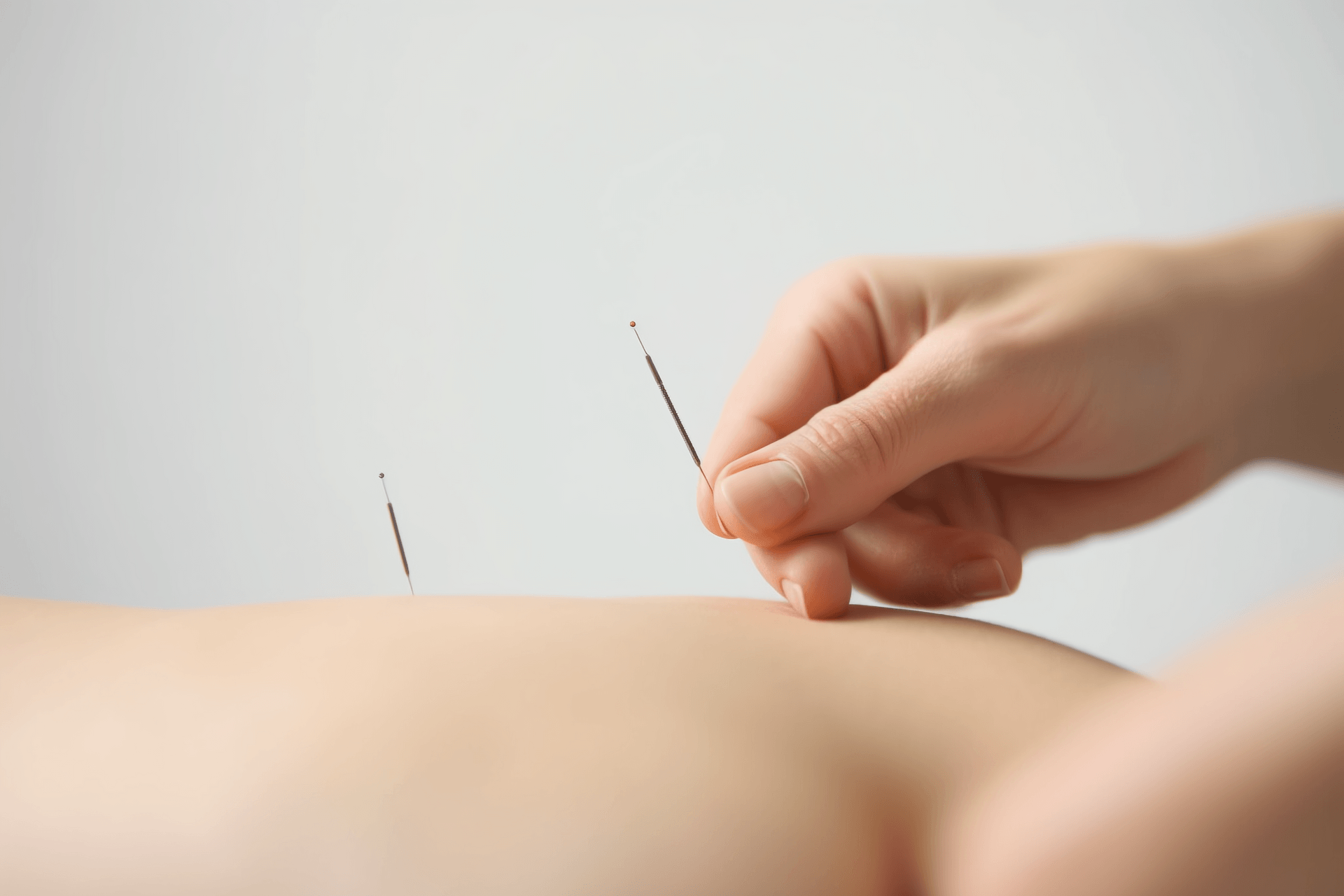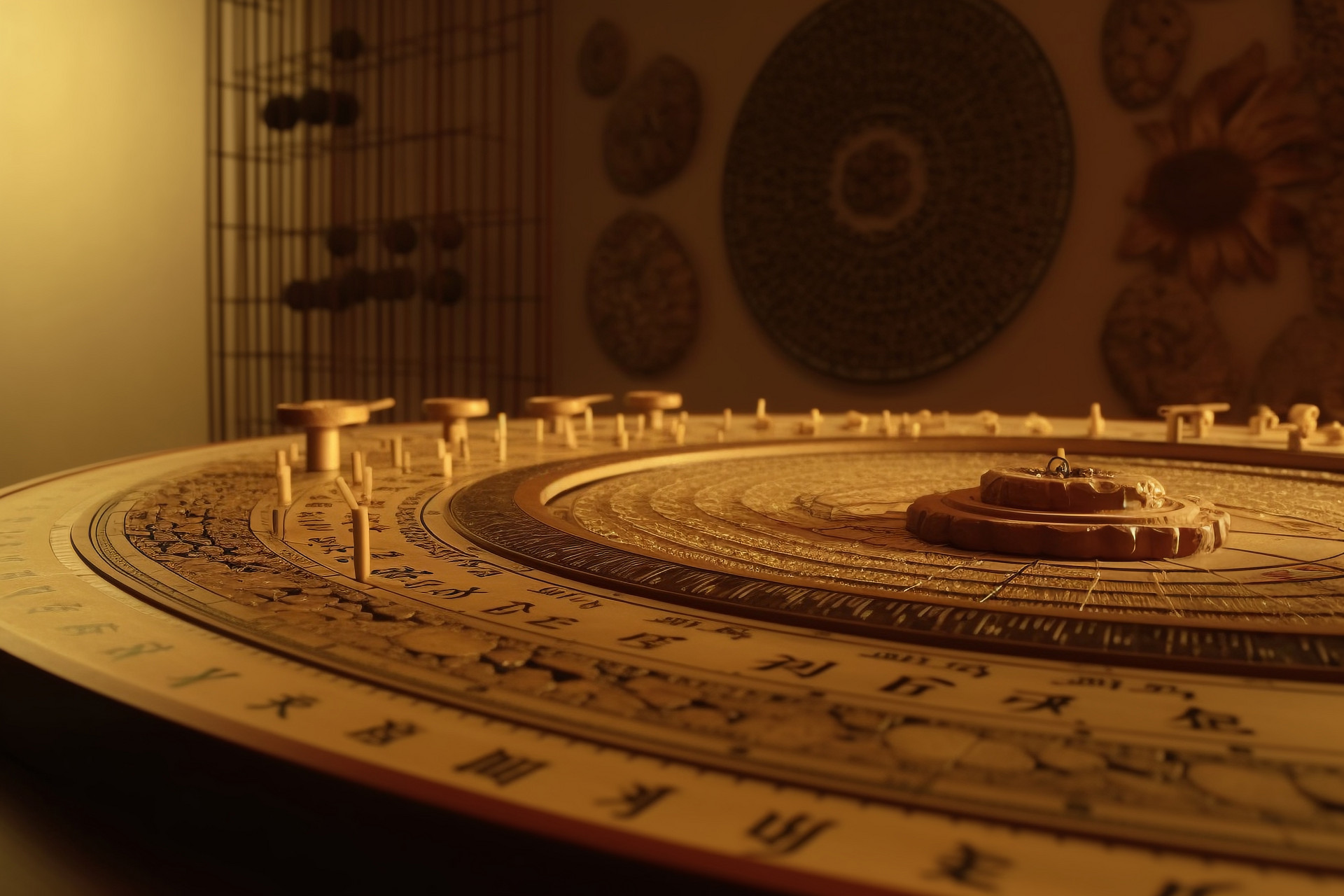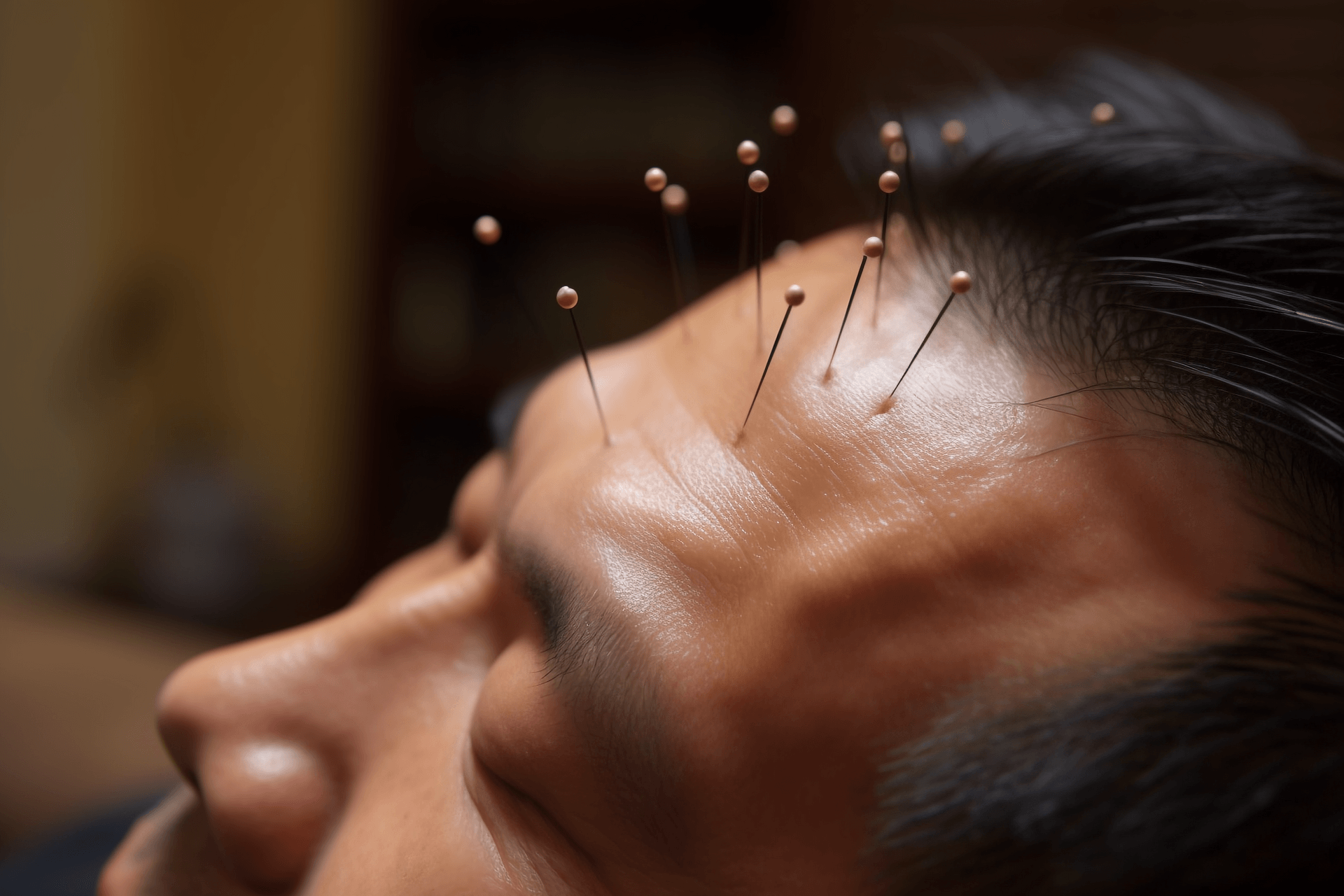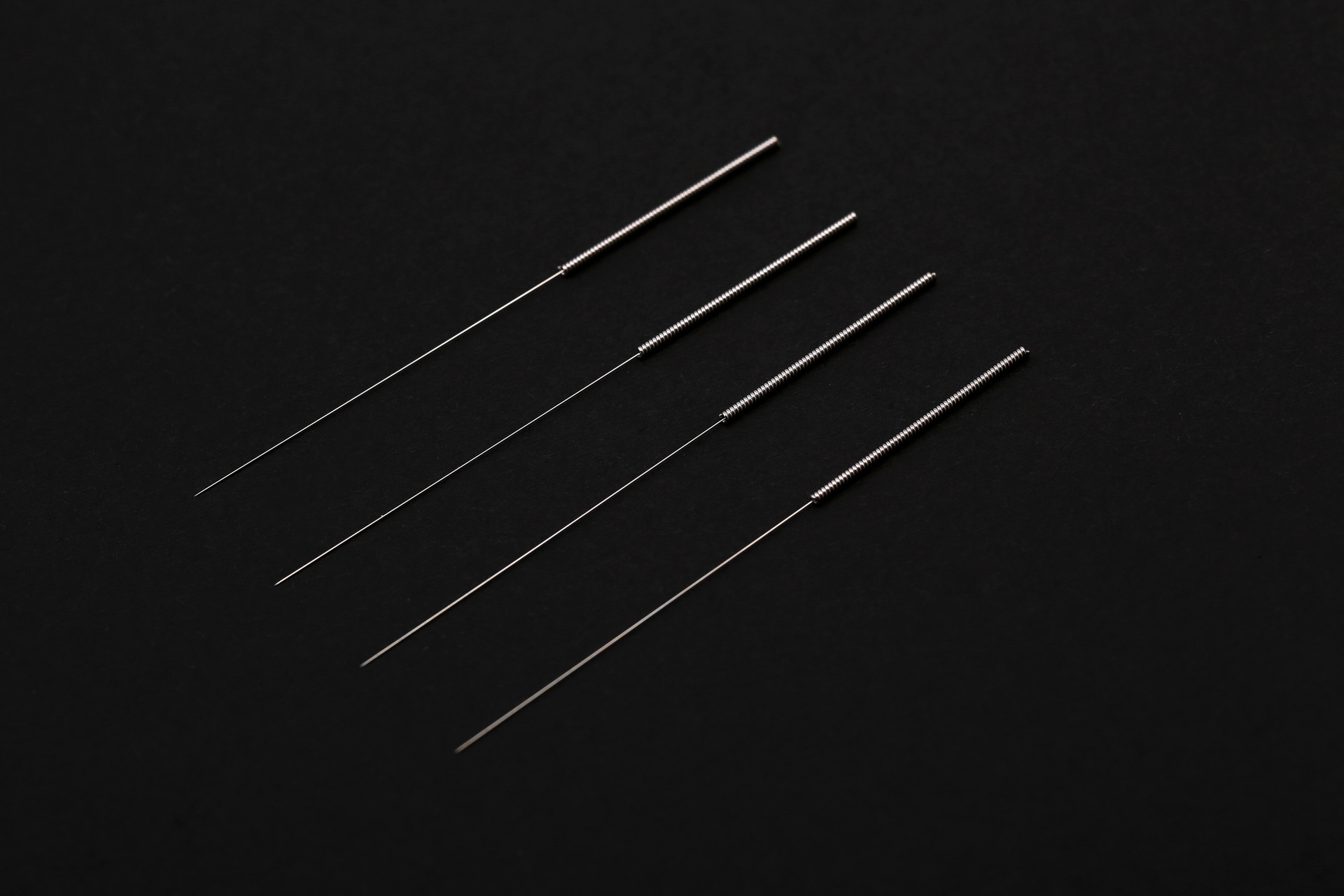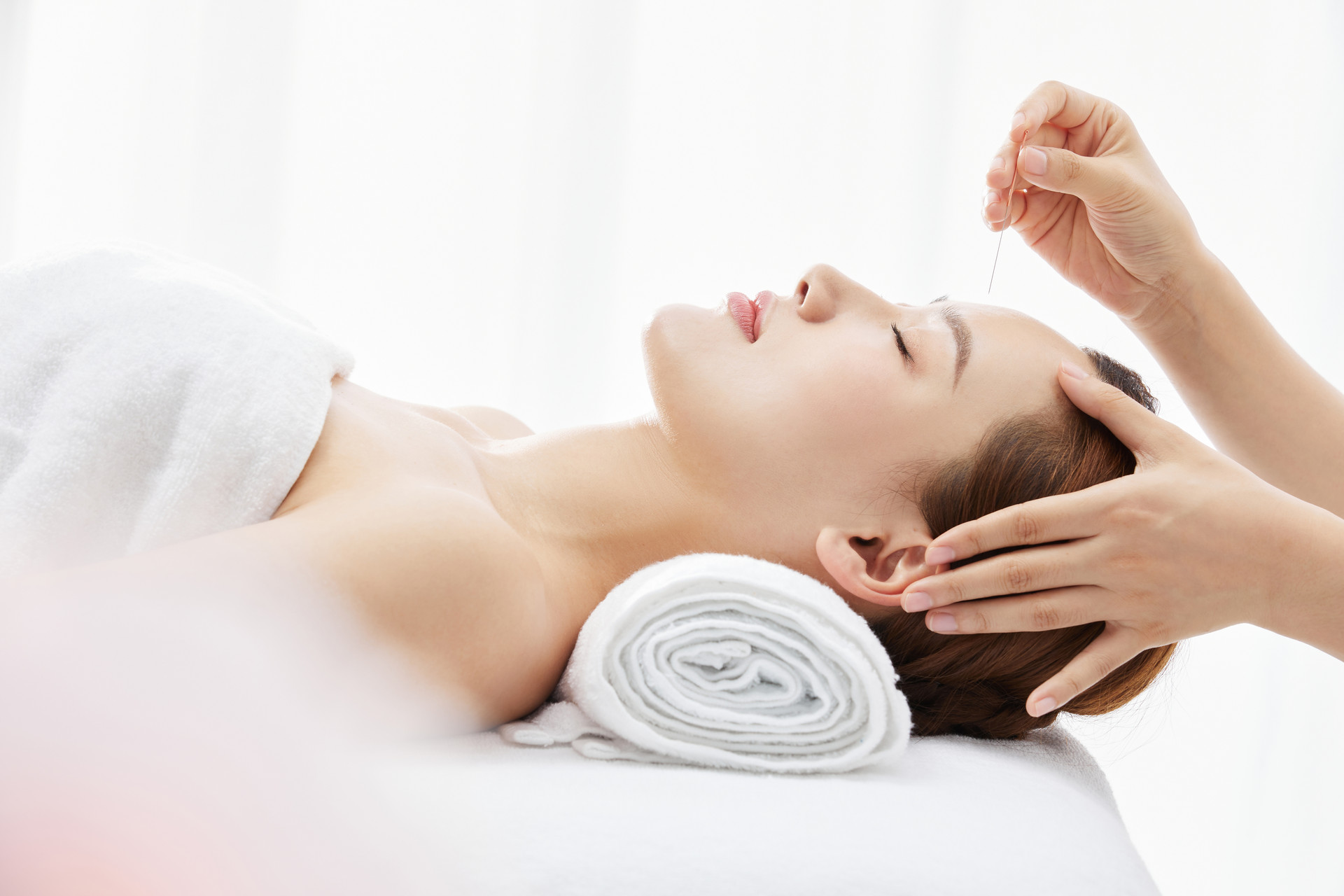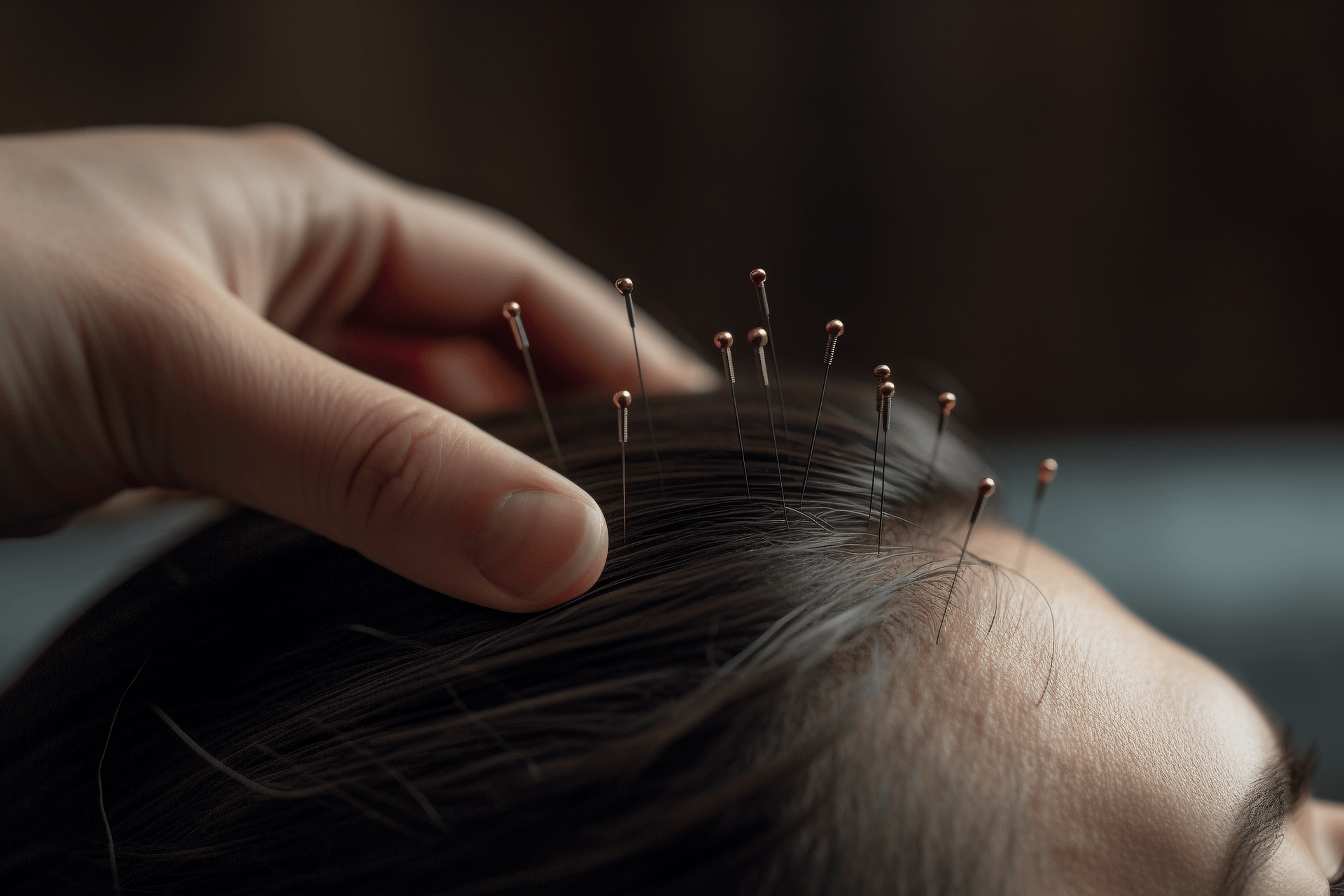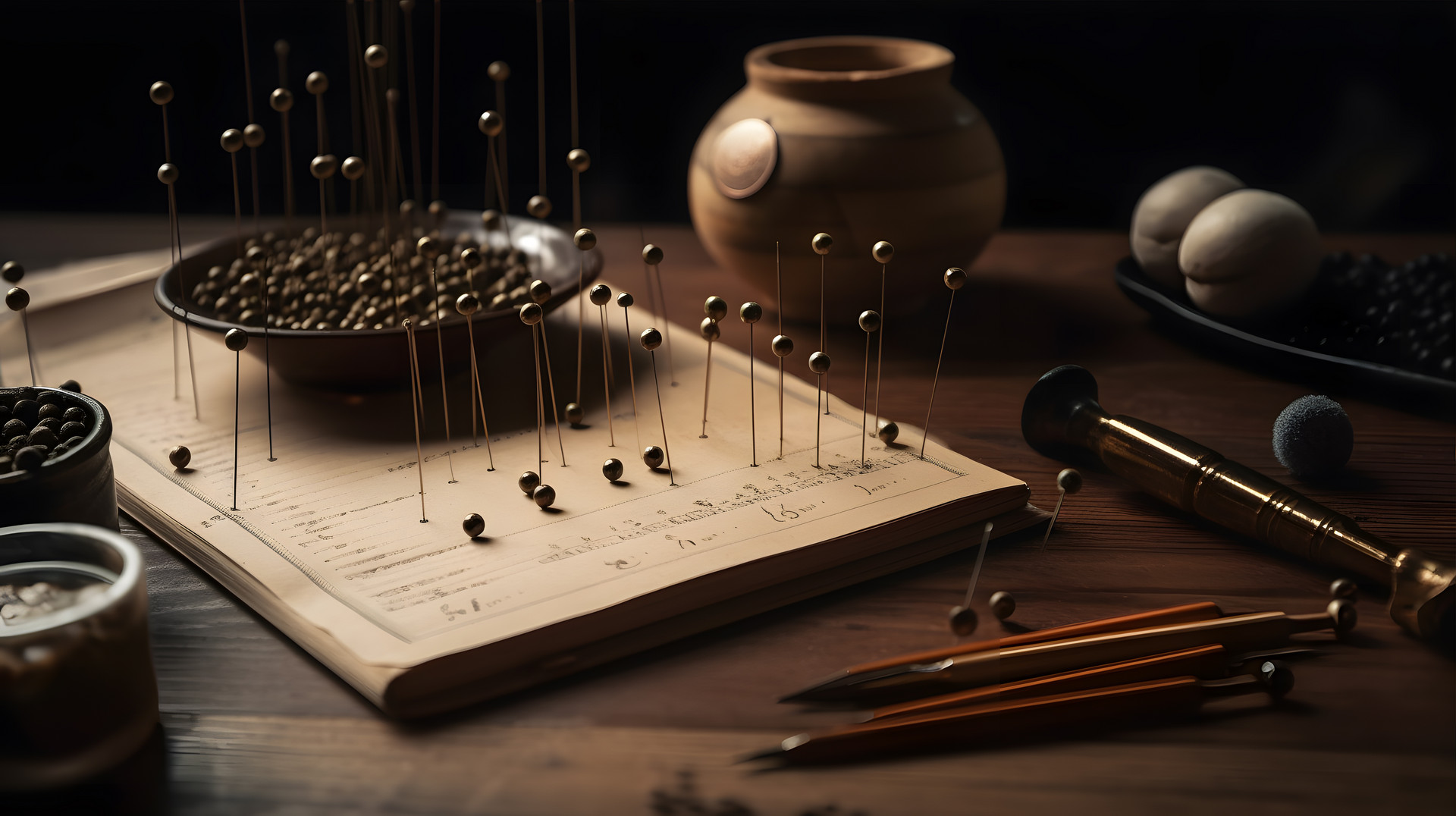Acupuncture is a traditional Chinese medicine technique that is also a popular method for health preservation. Acupuncture has many benefits, not only for treating diseases but also for improving sleep and relieving fatigue. So what are the methods for acupuncture treatment of insomnia? What are the acupuncture points for treating insomnia? What are the precautions for acupuncture treatment of insomnia? Let me introduce them to you.
Table of Contents
1. Can acupuncture treat insomnia?
2. Is acupuncture effective for treating insomnia?
3. Mechanism and effects of acupuncture treatment for insomnia
4. Methods of acupuncture treatment for insomnia
5. Traditional Chinese medicine classification and acupuncture prescriptions for treating sleep disorders
6. Advantages of acupuncture treatment for insomnia
7. Precautions for rapid acupuncture treatment of insomnia
8. Can acupuncture in winter help overcome insomnia?
Acupuncture is a technique in which acupuncture needles (usually filiform needles) are inserted into specific points on the patient's body at certain angles, using techniques such as twisting and lifting, to stimulate specific parts of the body and achieve the purpose of treating diseases. The points where the needles are inserted are called acupuncture points or acupoints. According to the statistics of the new acupuncture textbook, there are a total of 361 acupoints in the human body. Moxibustion is a method of using pre-made moxa sticks or moxa cones to burn or smolder specific points on the body surface, using the heat stimulation to prevent and treat diseases. Commonly used moxibustion materials include mugwort, which is why it is called "moxibustion." Other methods include indirect moxibustion, stick moxibustion, thread moxibustion, and twig moxibustion. Nowadays, people often use moxa sticks for moxibustion.
Can acupuncture treat insomnia?
Insomnia in traditional Chinese medicine is referred to as "bu mi" or "bu de mian". Mild cases include difficulty falling asleep, shallow sleep, or inability to fall back asleep after waking up. Severe cases involve staying awake all night. Insomnia is often accompanied by symptoms such as headaches, dizziness, and forgetfulness. In Western medicine, sleeping pills are commonly used for treatment, but long-term use of sleeping pills can lead to drug dependency and only provide temporary relief. In Chinese medicine, the focus is on treating the root cause of the disease, mainly through the use of Chinese herbs and acupuncture.
Acupuncture treatment for insomnia is a commonly used method by many patients, and some experience improved sleep immediately after the acupuncture treatment. Acupuncture points for treating insomnia are distributed in five areas of the body, such as the three sleep points on the head, the four calming points on the ears, the sleep point on the hand, the four calming points on the neck, and the two sleep points on the feet.
Effectiveness of acupuncture therapy for insomnia
Improving mental state:
Insomnia can cause a lot of mental distress. Occasional insomnia can be tolerated, but chronic insomnia can be unbearable. After one session of acupuncture treatment, many people feel a significant improvement in their mental state.
Increasing appetite:
Insomnia not only affects the mental state but also affects appetite. After acupuncture treatment, your appetite will gradually improve. This is because acupuncture helps regulate the body's functions, including relieving constipation, which naturally restores your appetite.


